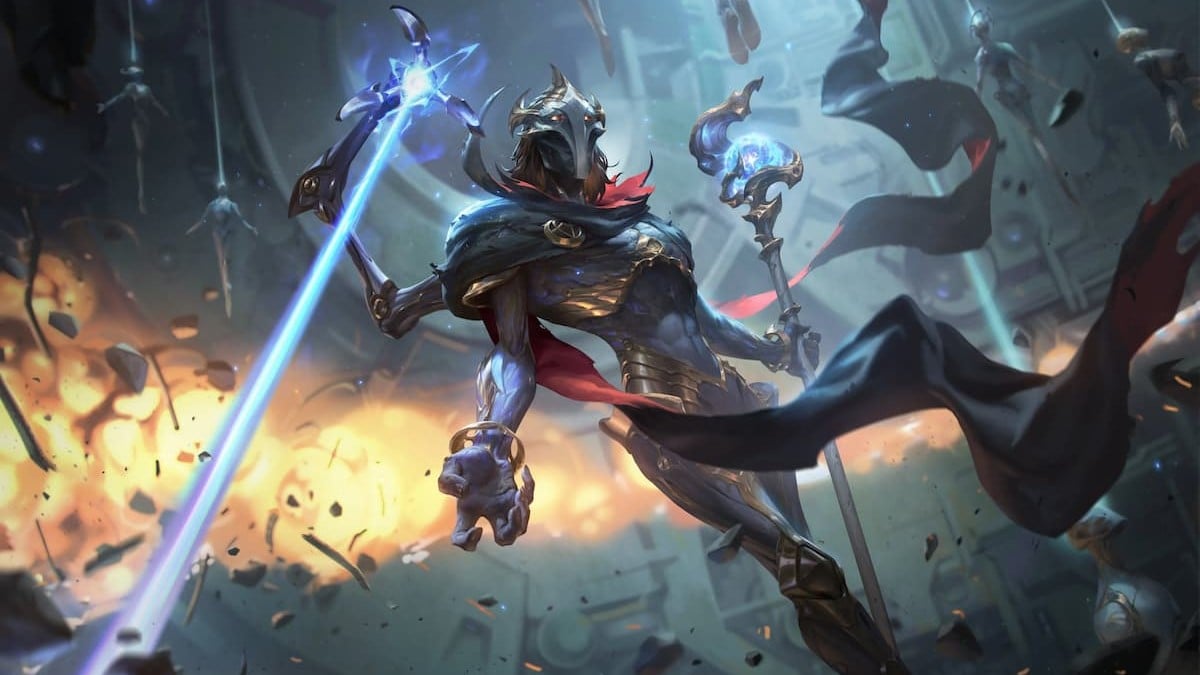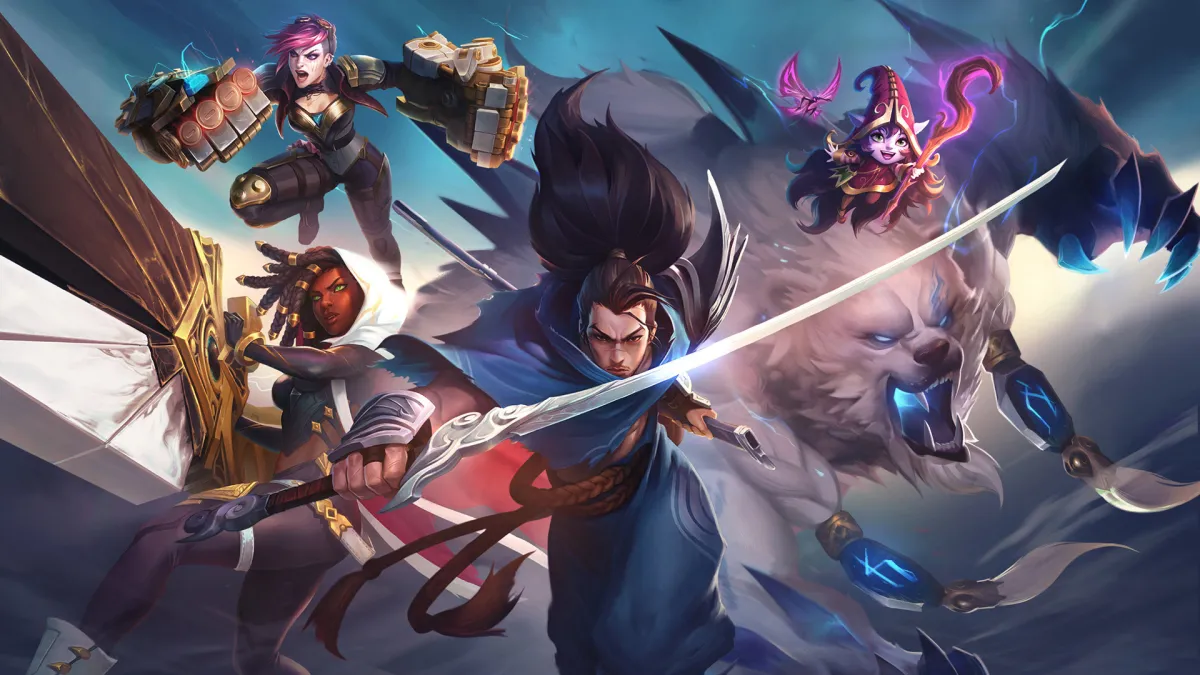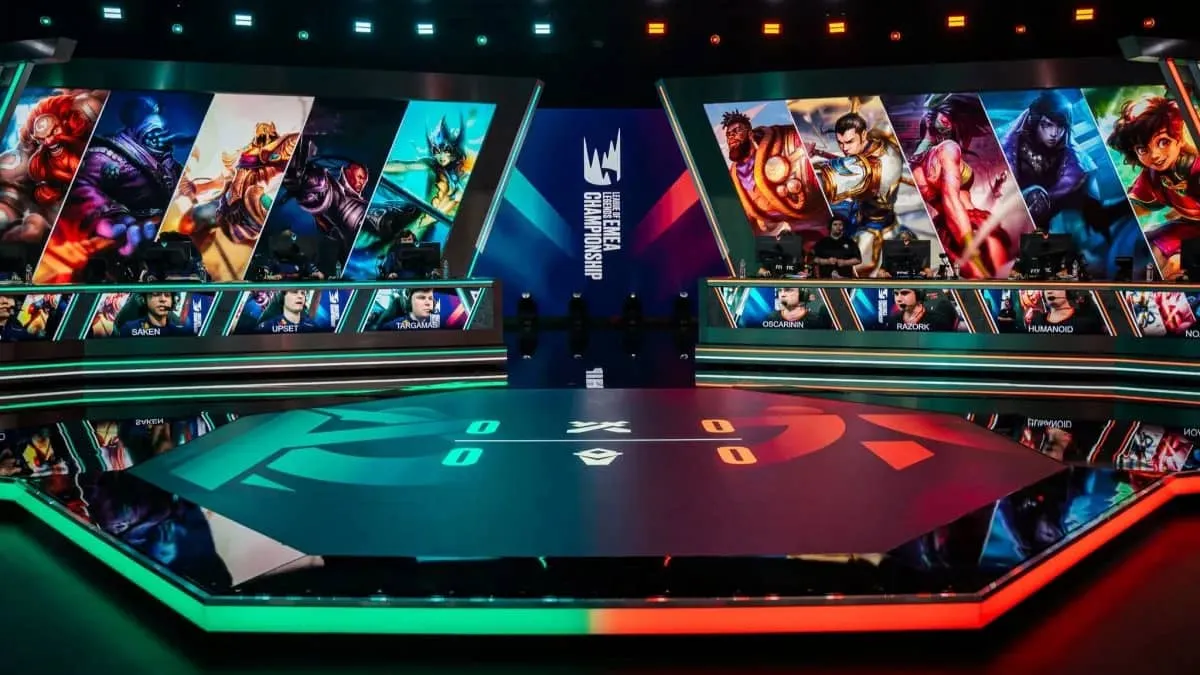As the regular season of the North American League Championship Series (LCS) Spring Split winds down we take the time to look ahead to the postseason. The LCS is one of the few premier leagues in North America to feature a relegation/promotion system. Relegation and promotion is a system wherein the teams that placed in the bottom of the league are demoted to a lower league, in this case the Challenger Series, while the higher placed teams in the lower league are promoted to the premier league; the LCS. This idea is common in the European football system, but due to the way that the traditional sports industry operates in North America, relegation and promotion have not been seen here prior to the creation of the LCS. The LCS’ relegation system has seen some changes throughout the years, and this year’s ruleset has created a “Promotion Tournament,” designed to allow the top two teams of the Challenger series a chance at gaining a spot in the LCS by competing against the bottom three LCS teams in a series of Best of 5’s (Bo5s). Today we’re going to take a look at relegation in general for the League and possible reasons why Riot has moved to this tournament format, then we’ll take a look at the tournament in question, how the format works, and how that is an improvement to the health of the LCS.

Noh “Ninja” Geon-woo was the mid-laner for the auto-relegated Team Dragon Knights
The best way to analyze the different formats of relegation and promotion and their effect on the health of the league is to divide them up into three separate categories: 1) the single Bo5’s 2) Auto-relegation and finally, 3) Promotion Tournaments. The Single Bo5 format was in use for the majority of the LCS’s life span. It was used in Seasons 3 and 4 in varying respects, and is a good middle ground in the breadth of all three categories. The system was flawed in that a team could win by using “cheese” strategies, or non-meta ways to get an early advantage (Like CaliTrlolz did in 2016 promotion), or by relying on being outright better mechanically at playing League of Legends, which was problematic because this led to a decrease in the importance of strategy and macro mechanics in favor of one trick strategies that put these teams at a disadvantage when they came up against other countries such as Europe and Korea. Another issue many had with the single Bo5 format is that it is biased towards the LCS teams. Because they had more stage experience and a whole split of play against the other top teams in the region, there was little opportunity for Challenger Series teams to excel in this environment and make a place for themselves within the LCS without the help of LCS veterans. A lack of new blood in the LCS led to the additional component to the system, Auto-Relegation. In an Auto-relegation system, the last placed team in the LCS (tenth place) was automatically dropped from the league, and the team that placed first in the Challenger Series finals was automatically promoted to the LCS. This system was great for cycling in new teams and always kept the landscape of the league changing, but it led to problems with creating franchises and led to many teams being kicked out due to issues larger than their performance in-game. Teams like Team Dragon Knights suffered Auto-relegation due to issues with their management, and ultimately ended some players’ careers prematurely due to an inability to prove their right to stay in the LCS once their season started to trend upward. Because of this, the format was changed in our current season, season 6. Now, the LCS uses a Promotion tournament which features the bottom three teams from the LCS and the top two from the Challenger series in a unique tournament style that doesn’t really follow any traditional bracket form such as double or single elimination. I’ll break it down for you. It’s a little hard to follow, so if it doesn’t make sense you can just skip down to the picture(photo credit to Leaguepedia), you can get how the bracket works. In the Spring Split of 2016, Team Dignitas finished Tenth place and thusly have the lowest seed in the tournament. In the first round, they will play a Bo5 against Team Dragon Knights who finished second in the Challenger Series. The loser of this series is out of the tournament and the winner moves on to the second round. In the second round, the winner of the previous Bo5 will play against Renegades, the team that placed ninth in the LCS, with the winner being promoted to the LCS while the loser, we’ll call them Loser 1, goes on to play in the final Bo5. Next, Team Impulse, who placed eighth in the LCS will play against Apex Gaming, who finished first in the Challenger series, and the winner of this series will be promoted to the LCS as well, while the loser who we’ll refer to as Loser 2 will go on to play Loser 1. Loser 1 plays Loser 2 for the final spot in the LCS, the winner gets promoted, and the loser gets relegated to the Challenger series.

This system heavily favors the LCS teams in general, with two, potentially all three of the teams having two chances to get back into the LCS. Many people were confused or upset about this change because it seems to stigmatize the promotion of Challenger teams into the LCS, but these people are missing the point. The LCS is more and more looking to become a premier sports league in the United States and across the world. In order to do this, there need to be more opportunities to build franchises and businesses, which will really only happen in the premier leagues like LCS. Look again at teams like Team Dragon Knights, or Coast and Velocity; they were not handled well as a business and it reflected in their performance in the split. Having a system like this in place makes it a safer bet to invest and create a franchise in the LCS, as well as promotes the growth of the Challenger scene. No true amateur team is going to enter the LCS most likely; they will have to commit full time to this and there will have to be a sponsor behind them to provide them with the resources they need to compete at a high level. This system will promote a more competitive league. Auto-relegation was the worst offender in preventing the growth of franchise, with teams like Team Dragon Knights getting the short end of the stick with visa issues, not getting their full roster together until it was too late to escape auto relegation and were not given chances to prove they deserved their spot in the LCS the way the teams presented in the Promotion tournament will be able to.
The promotion tournament encourages the growth of the LCS as a premier league in the United States and also decreases the risk of investing in LCS teams as a franchise since they have more chances to re-qualify for the LCS. It also will eventually increase the competition in both the LCS and the Challenger series, as teams that are really dedicated and/or really well financed will have a better chance at making it into the LCS. With good changes like this to the competitive scene, Rick Fox’s prediction that the LCS will overtake the NHL in two years isn’t far off! box.






Published: Mar 29, 2016 08:39 pm